What’s Going on in China: Recycling’s Rise to Power
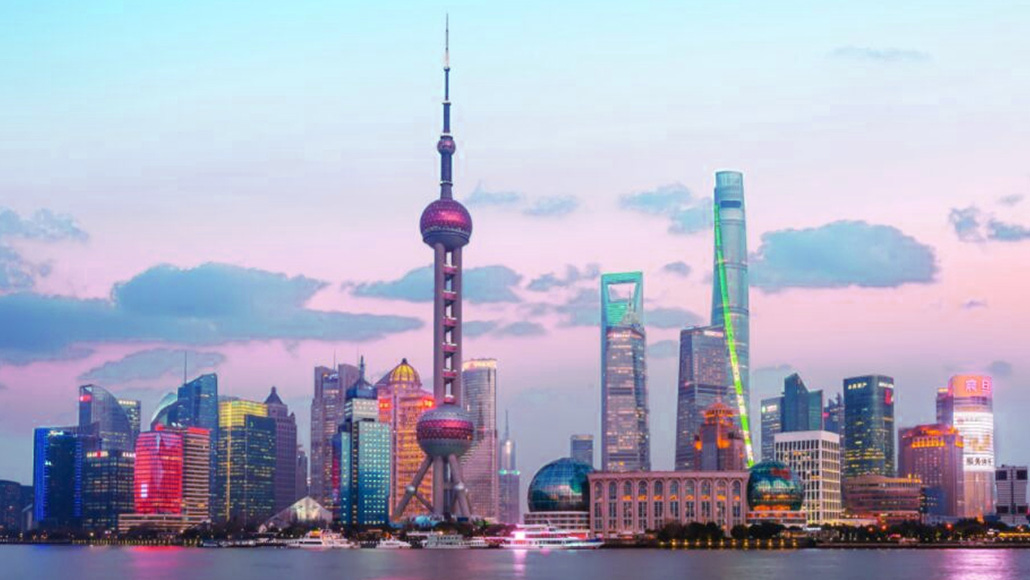
Chris Cui, Director of China Programs, builds bridges between the U.S. and Asia in order to advance the circular economy. She brings 13 years of cross-sector experience in financial service and philanthropy sectors in Asia, Europe and the U.S., advising Fortune 500’s emerging market strategies to capture growth potential from Asia.
The U.S. as well as other developed countries were taken by surprise when the Chinese government implemented a ban on the importation of recyclables on January 1, 2018. However, the Chinese government had been sending signals for the past decade of their future plans around both the importation of recyclables and the development of domestic recycling infrastructure.
Eight cities in China were selected as pilot cities for pilot recycling programs as far back as 2000 in order to study the most effective programs. Recycling gained significant attention in June 2019 when Chinese President Xi stressed the importance of cultivating the good habit to improve the living environment and to contribute to green and sustainable development.
“Trash classification is related to the people’s living environment and the economical use of resources. It is also an important embodiment of the level of civic-mindedness. Extensive education and guidance should be carried out to make the people realize the importance and necessity of garbage sorting.”
Chinese President Xi
It’s very rare that the top leader, rather than the Ministries in charge of the industry, make such strong statements about recycling.
Importantly, it demonstrates the priority that China has placed on the development of its own domestic recycling programs and infrastructure, as part of its effort to combat environmental issues that threaten the health of its 1.4 billion citizens. It also explains why China carried out the ban in the first place; they are continuing to shift their focus to developing domestic recycling infrastructure to feed their massive manufacturing base. Xi has made clear that the public sector will support the private sector to develop infrastructure to turn “waste” into opportunity.
So, what does this look like?
The Chinese government aims to increase recycling rates to 35% for residences by 2020, they’re building basic trash sortation systems and starting to charge waste management fees for both residential and commercial waste for 46 major cities by the end of 2020. They’re also expanding their trash classification system to all cities by 2025.
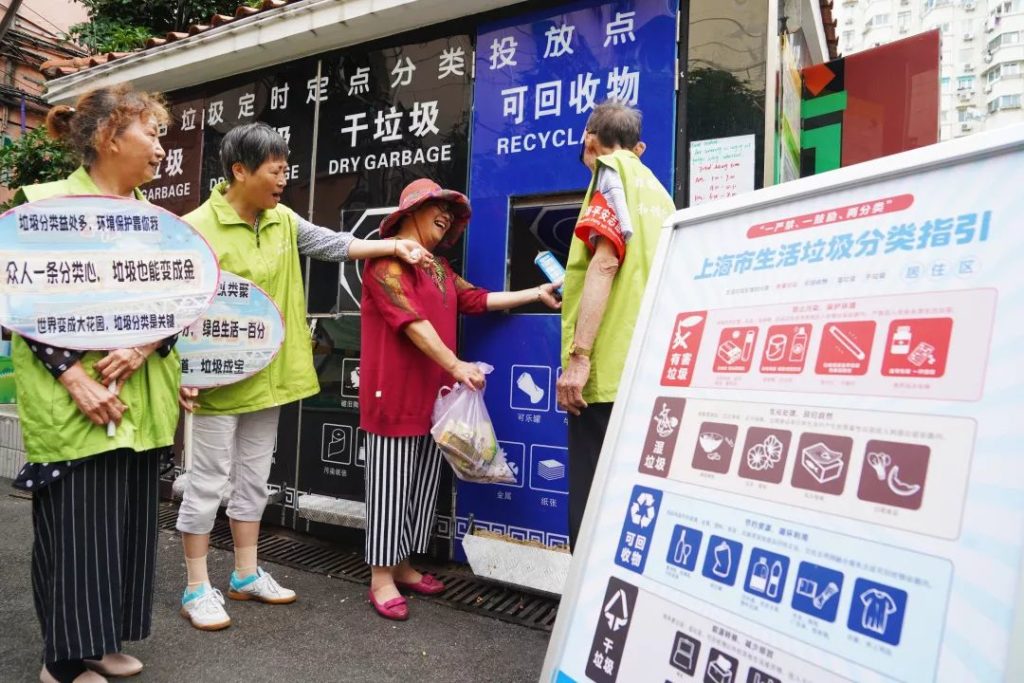
The four new trash sortation categories in China.
Image source here.
Case Study: Shanghai
Shanghai is one of the first cities to start responding to the policies from Central Government. Twenty-three million people must learn to sort their trash according to four labels – recyclables, dangerous goods, kitchen waste and other waste – under a mandatory sorting scheme starting on July 1. Misclassification will result in a fine of up to USD 30 for individuals, USD 7,200 for commercial entities and USD 70,000 for recyclers (and the potential revoking of their licenses). How to sort trash correctly is not just in the news, it’s the talk of the town and it’s even included in exam questions for schools.
For individuals who fail to sort their trash, their social credit rating, which not only determines their mortgage rate and insurance premium, but also their eligibility to purchase flight tickets and even send their kids to public schools, will be lowered.
Unsurprisingly, these new developments in recycling bring challenges, particularly around education and infrastructure. The Shanghai government has hired 1,700 instructors, conducted 13,000 training sessions, and created an app to handle enquiries to help citizens meet the requirements.
Meanwhile, the policy highlights the current lack of infrastructure for this kind of scheme. There needs to be significant investment from both the public sector and private sector to sufficiently grow the collection and sortation capabilities of the country. This especially applies to rural regions, which constitute a large proportion of China and lack the necessary infrastructure to deal with trash, especially tricky waste such as fertilizers and pesticides.
Yet all of these shifts have culminated in, and created, a significant business opportunity. Recycling needs investment now. China’s planned economy means that every five years, the central government will create an economic development plan for the country for the next five years. Key sectors that are targeted in the five-year plan will receive support, from specific policies to financial subsidies, that attract significant interest from the private sector. The recent emphasis on the recycling sector is a good example of this and, importantly, sends a positive signal to the market.
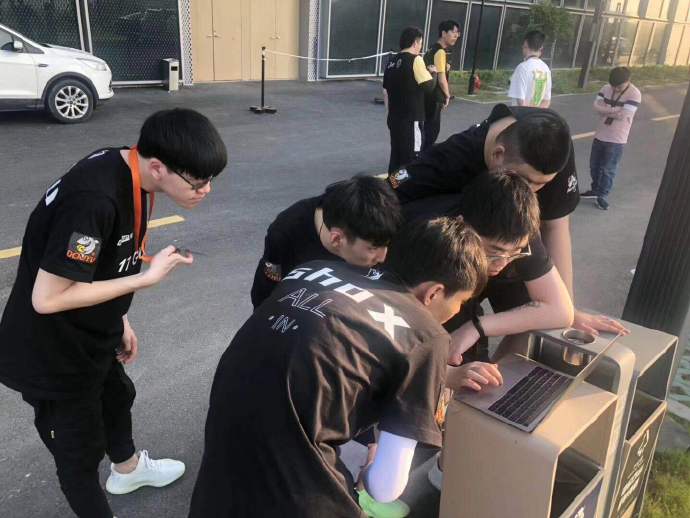
Residents in Shanghai search the internet for guidance on how to sort trash correctly.
Image source here.
The Business Opportunity Is Vast and Growing
At Closed Loop Partners, we know that keeping valuable commodities circulating in supply chains is good business. The current developments in China are spurring interest, excitement and investment in the space, which will continue to grow. There is room for both startups and bigger companies, domestic as well as foreign players, traditional players in the recycling industry and new players from other sectors like tech, marketing or consumer goods companies; all of whom are ready to innovate and embrace the change. We’re seeing a new structure of supply and demand around recyclables worldwide. Shanghai is just the beginning; more cities and business opportunities will arise in the coming years as a result of the combination of favorable factors:
The public markets are all in
With preferential policies and hundreds of billions of dollars to support the campaign, stocks have been rising for companies that supply equipment, chemicals and other services related to recycling.
The private sector is paying attention
More and more startups are emerging to solve the waste management problem in China, with some managing to raise money from mainstream VCs such as Alibaba, Baidu and Tencent. Robots for sortation, like AMP Robotics, or mobile apps for smart recycling stations or second hand mobile phones are just some examples of the innovations applicable in the field.
Demand for recycling related equipment and services is growing
As more cities follow the example of Shanghai and start mandatory urban trash recycling, related sales will jump significantly; sales of the smart trash bin on JD.COM soared by 613% between June 1-13 and it’s estimated that Shanghai residents bought 12% of the smart trash bins sold nationwide.
Sustainable packaging will be encouraged
Innovations in sustainable packaging will be welcomed by brands. Policies have been drafted on EPR in China for the packaging industry.
Opportunities for completely new business models are emerging
Challenges in the enforcement of trash classification means there are opportunities for entirely new business models to solve for the new pain points. For example, startups are offering online booking services for on-demand trash pickers and sorters that will come to your home.
If you’re interested in learning more on this topic, get in touch with Chris Cui and join us at these upcoming events:
- 14th China International Plastic Recycling Conference & Exhibition 2019, Sep 25-27, Shanghai, China. Closed Loop Partners is a co-organizer and will give the keynote.
- The Fortune Global Sustainability Forum 2019, Sep 4-6, Yunnan, China. Closed Loop Partners will be speaking on a panel.
Related posts

Press Release
Closed Loop Partners Adds New Private Equity Managing...
Daniel Phan joins the circular economy-focused firm...
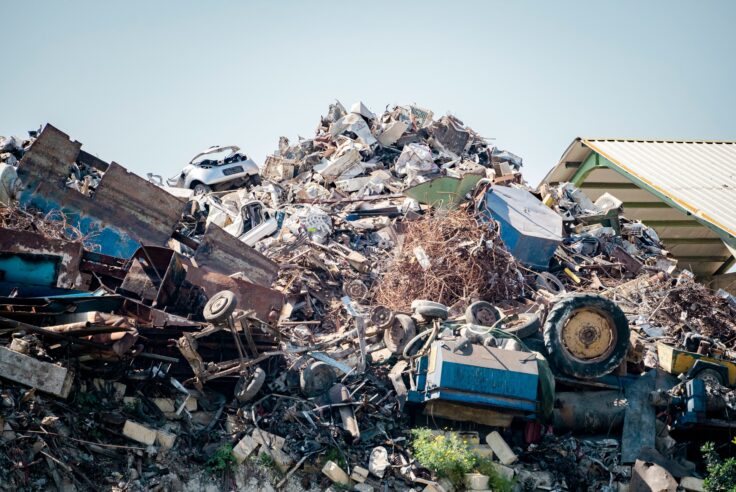
Blog Post
The Hidden Value of Scrap Metal: Why Local Recovery...
VALIS discusses circularity of metal processing, and...

Press Release
Closed Loop Partners’ Composting Consortium Launches...
The grant program for composters and communities comes...

Blog Post
How AI Can Reduce Food Waste at Restaurants
Closed Loop Ventures Group led the seed investment...
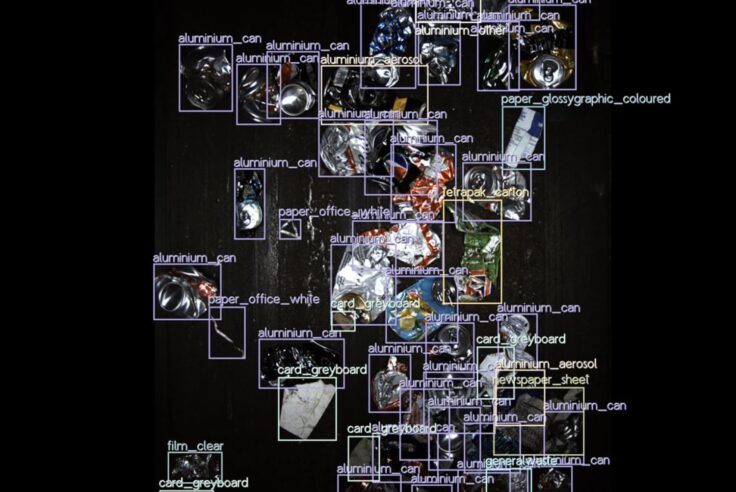
Press Release
New Data Reveals High Quantities of Food-Grade Polypropylene...
Closed Loop Partners’ Center for the Circular Economy...

Press Release
Closed Loop Partners and U.S. Plastics Pact Identify...
Packaging types primed for reuse lay the groundwork...
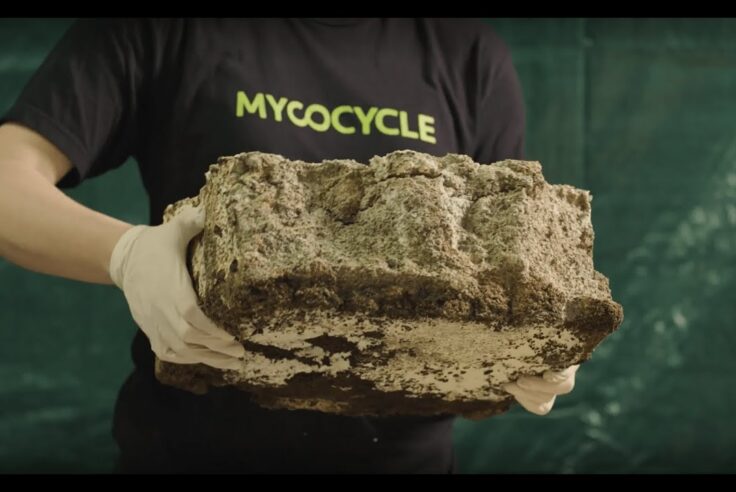
Blog Post
Why We Invested in Mycocycle: Nature-Inspired Circular...
Closed Loop Partners’ Ventures Group saw a key opportunity...
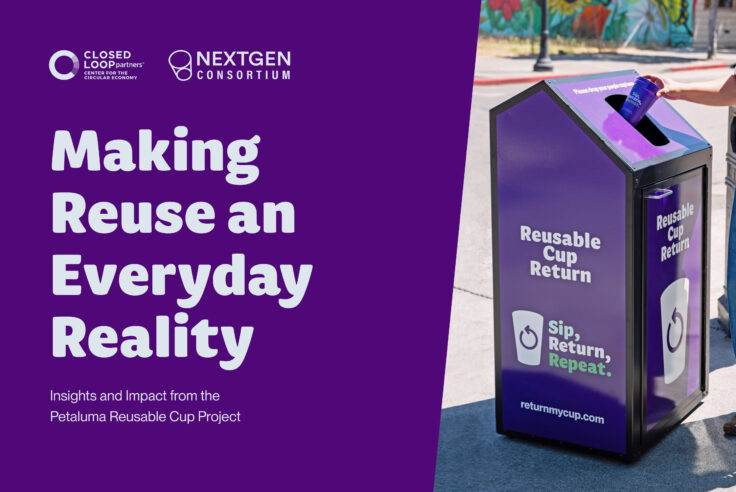
Press Release
Groundbreaking Results From Citywide Petaluma Reuse...
The Petaluma Reusable Cup Project from the NextGen...
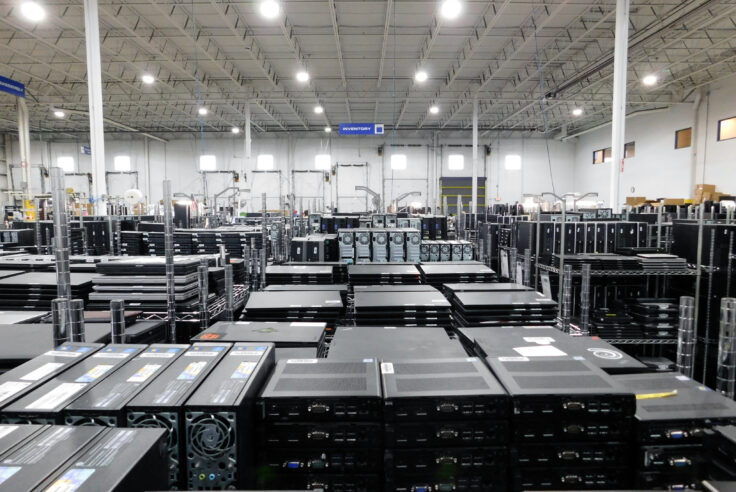
Press Release
Closed Loop Partners’ Portfolio Company, Sage Sustainable...
The bolt-on acquisition scales Sage’s end-to-end...

Press Release
Closed Loop Partners Unveils Groundbreaking Findings...
Closed Loop Partners’ Center for the Circular Economy...

Press Release
Capricorn Investment Group Backs Closed Loop Partners...
The partnership signals tailwinds behind the circular...

Blog Post
8 Tips to Navigate Life Cycle Assessments for Circular...
Closed Loop Partners’ Center for the Circular Economy...
